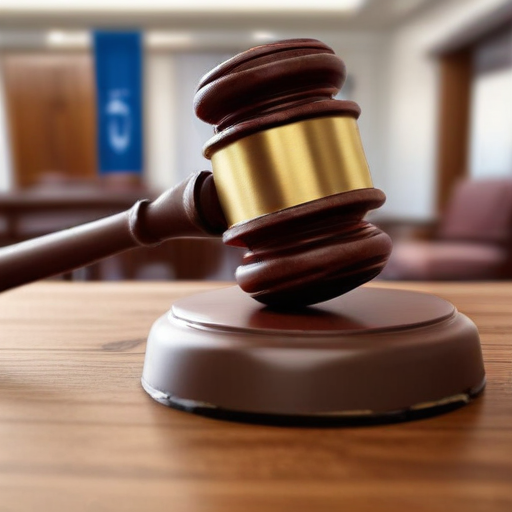The future of TikTok in the U.S. hangs in the balance as the U.S. Supreme Court recently heard oral arguments concerning the potential ban of the popular social media app. With around 170 million Americans using it, many fear that their time on TikTok may be coming to an end.
The core of the case lies in national security concerns raised by the U.S. government regarding TikTok and its parent company, ByteDance, which is based in Beijing. Officials allege that ByteDance could access American user data and is supposedly sharing that information with the Chinese government, thereby posing a risk to American security and influencing public opinion. To address these concerns, President Biden signed legislation requiring ByteDance to either sell TikTok to a U.S. company by January 19, 2025, or risk a ban.
Despite TikTok’s assertion that the government has yet to prove any actual security breach involving American users, the stakes are high. The lower court’s unanimous decision to uphold the law was backed by judges from across the political spectrum, complicating TikTok’s legal strategy.
The Supreme Court typically takes months to render decisions, but the urgency surrounding this case suggests a resolution could arrive in a matter of days. If ByteDance fails to sell TikTok by the legal deadline in 2025, the app will be banned, and access will be cut off in the U.S.
For users concerned about losing their content, TikTok provides a way to download data from their accounts. By following a few simple steps within the app, users can request a copy of their video history. However, videos containing copyrighted music will not be included.
The implications of a ban could be significant. While users who currently have the app will still retain access, they may find features limited and future content uploads potentially disabled. Some users may look to virtual private networks (VPNs) to bypass any restrictions, though the effectiveness of such measures remains uncertain.
Interestingly, the political landscape around TikTok has shifted dramatically. Former President Donald Trump, who initially attempted to ban the app in 2020 after a social media backlash during his rallies, has since called for an end to any bans, citing TikTok’s role in connecting with younger voters. His apparent change of heart, however, raises questions about the political motivations behind TikTok’s future.
As the situation unfolds, users remain anxious about what lies ahead for the platform, while the outcome of the Supreme Court’s deliberation could shape the social media landscape for years to come.
In summary, TikTok’s fate in the U.S. could be decided soon, as the Supreme Court weighs national security concerns against the First Amendment rights of millions of its users. Those affected by the potential ban are encouraged to download their data while they can, and speculation continues about the interplay between business and politics in this ongoing saga.
